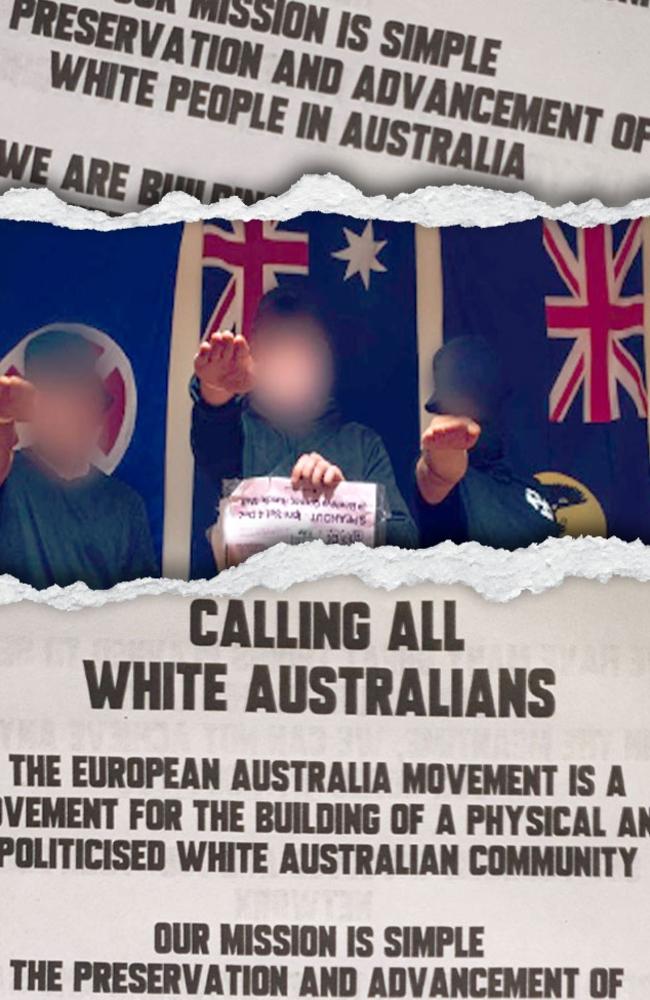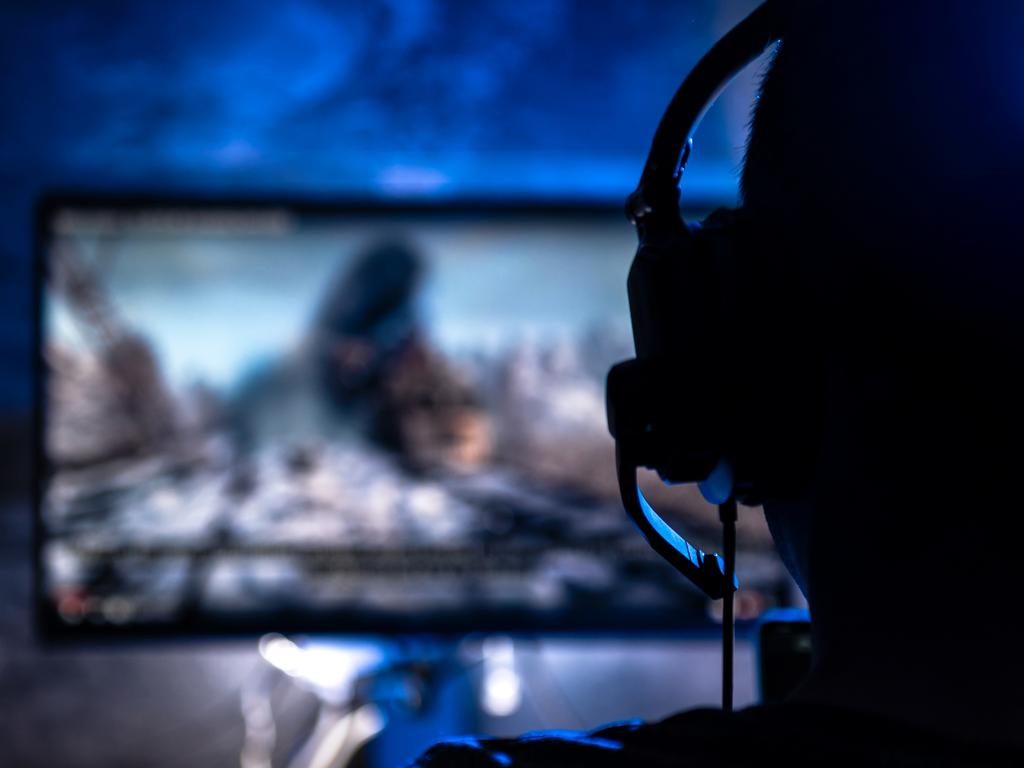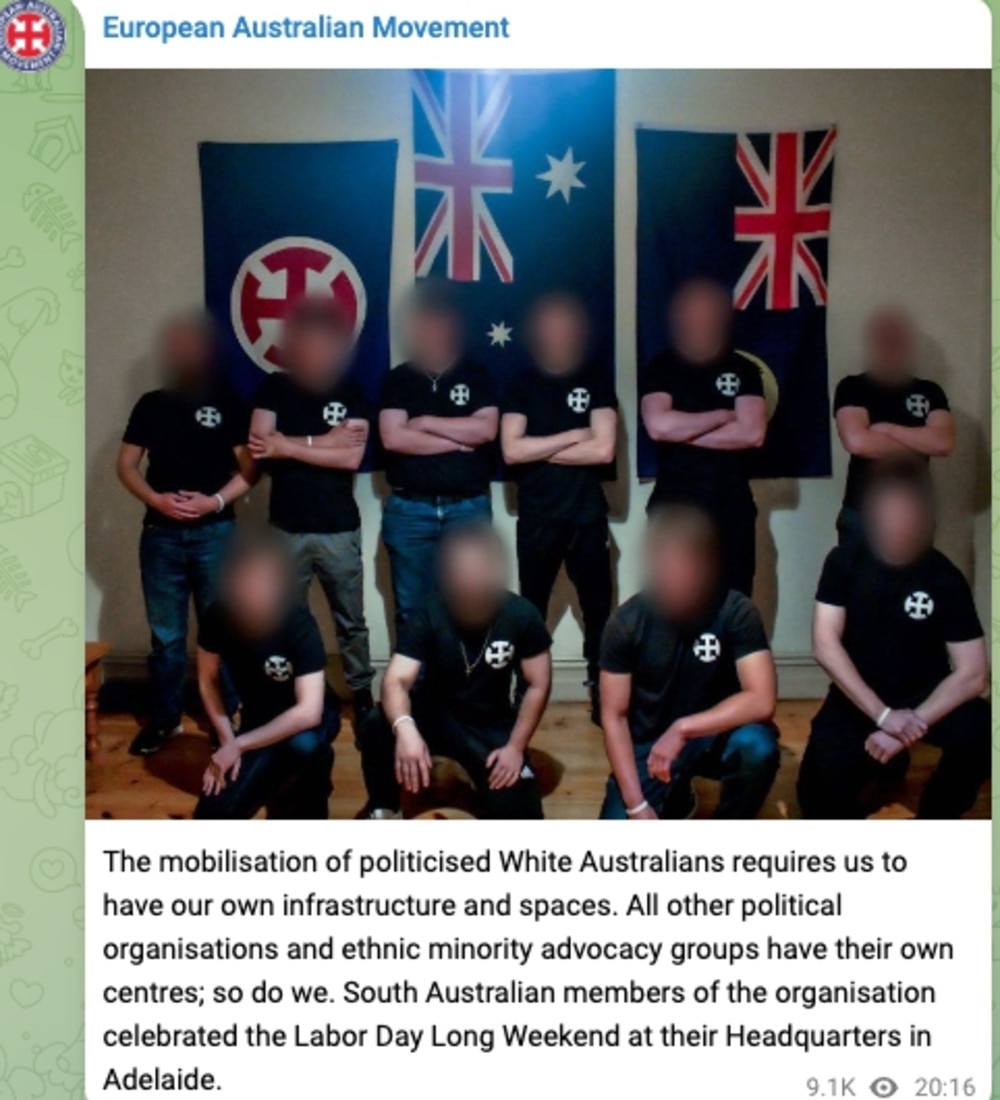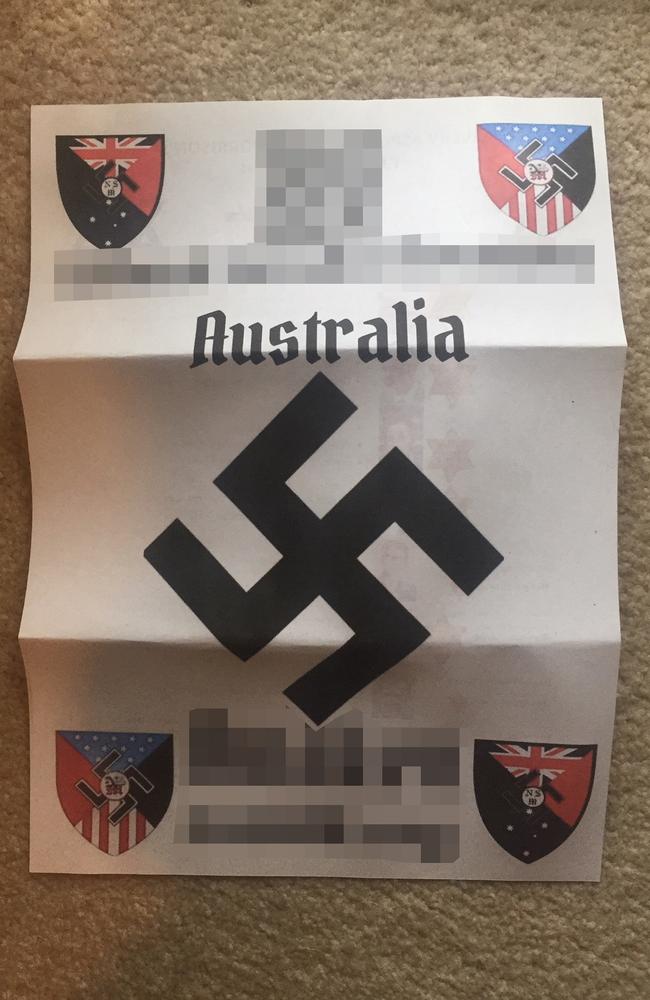How far-right extremists are ensnaring young Australians
More and more Australian kids are falling prey to violent, far-right extremist views, with a “disturbing” trend emerging.
An increasing number of Australian children are falling prey to violent, far-right extremist views spreading through online gaming and encrypted messaging apps.
Of all the counter-terrorism cases taken on by ASIO, 40 per cent are related to far-right extremist individuals or organisations, with a growing 15 per cent of all investigations related to minors engaging in extremist activity.
“And perhaps more disturbingly, these young people are more intense in their extremism,” ASIO Director-General Mike Burgess said in his 2022 annual Threat Assessment.
According to far-right extremism experts, it means a new and younger generation of neo-Nazis and white-supremacists are emerging from modern suburbia.
And contrary to popular belief, these young Australians do not come from households or parents who share these extremist views.
Instead, they’re being targeted by people only just older than them.
Growing and thriving in Australia
“Two years ago, in my first threat assessment, I noted that ASIO was seeing an increase in the radicalisation of young Australians,” Mr Burgess said.
“Unfortunately and alarmingly, this trend is continuing. The number of minors being radicalised is getting higher and the age of the minors being radicalised is getting lower.
“Children as young as 13 are now embracing extremism.”
And after the 2019 Christchurch massacre which saw 51 people murdered, Mr Burgess noted a spike in young Australians idolising the mass shooter as well as an overall increase in the radicalisation of young people.
Stream your news live & on demand with Flash. From CNN International, Al Jazeera, Sky News, BBC World, CNBC & more. New to Flash? Try 1 month free. Offer ends 31 October, 2022 >

“As a nation, we need to reflect on why some teenagers are hanging Nazi flags and portraits of the Christchurch killer on their bedroom walls, and why others are sharing beheading videos,” Mr Burgess said.
By the end of 2021, Mr Burgess revealed that young Australian minors made up more than half of all ASIO’s highest priority weekly investigations.
Minors ‘grooming’ minors
Far-right extremism expert Lydia Khalil said the online prevalence of racist, sexist, anti-Semitic and anti-LGBTQ language in the forms of memes and online discourse can desensitise kids – making them potentially more susceptible to insidious far-right extremist targeting.
“We do know from what leaders of these movements have said that they particularly target younger people, of high school or university age, because they see them as more open to recruitment,” Ms Khalil said.

“(Younger people’s) ideas and perspectives on life haven’t fully formed yet so it’s much easier to target them while they’re young.”
And even more concerning, Mr Burgess said more often than not young people are targeted by those similar in age to them.
“ASIO is aware of minors preying on other minors, seeking to turn them to their violent ideology and using grooming techniques similar to those used by paedophiles,” he added.
“We have seen cases involving young, radicalised violent extremists systematically targeting vulnerable associates who were lonely or going through tough times.”
Online gaming and encrypted platforms
It happens slowly – and especially for young, lonely kids active online it often starts through online gaming or discord chats as memes and jokes that turn into a culture of degradation.
“A lot of it is casual racism, casual anti-Semitism, sexism – a lot of these far-right ‘dank’ memes and language are prevalent in gaming and other online platforms,” Ms Khalil explained.

“The tactics used by the extremists in these cases involved a combination of attention, flattery and friendship, which shifted to bullying and manipulation,” Mr Burgess added.
“We’ve seen young ringleaders deliberately desensitise their targets, gradually exposing them to more extreme and more violent propaganda, until the most graphic material imaginable was normalised.”
In the wake of the horrifying Buffalo, New York mass shooting in May in which ten African-American people were murdered, online extremists celebrated the attack and encouraged others to do the same.
Memes depicting the shooter with fabricated news headlines dubbed him “the mass shooter we’ve been waiting for” and asked “could you be next?”.
Another is drawn up as a “help wanted” poster, calling out to white men saying “you already live for our people. Would you kill for them?”.
It is the exact kind of propaganda content that has since been mass banned from major social media site like Facebook, Instagram and Twitter but has been thriving on encrypted messaging platforms like gab.com and Telegram.

“A lot of the significant white nationalist and neo-Nazi movements in Australia used to have a presence on Facebook and Twitter for example but have now been mostly deplatformed – so platforms like Telegram are one of their few means of disseminating their propaganda online,” Ms Khalil said.
Australia-based far-right extremist Facebook groups like United Patriots Front (UPF) and True Blue Crew (TBC) have since been deleted along with the social media accounts of the Christchurch shooter.
But platforms like Telegram “have no content moderation to speak of,” Ms Khalil added.
And because of that, they have become the ideal growing grounds where Australian extremists converge and connect.
Prevention starts in the home
While Australian law enforcement and ASIO have developed counter-terrorism measures, Ms Khalil said that a focus on combating “Islamic jihadism” had overshadowed the need to develop targeted measures to combat far-right extremism.

“I think the Australian law enforcement agencies have done a fairly good job of staying on top of the criminality of potential plots and potential violence over the years,” she said.
“But over the past couple of decades, counter-terrorism efforts have been focused on jihadism.
“Some of the tools and programs can be applied to the far right, but not all of them … so more prevention and intervention is needed to address right wing extremism.”
But more than that, Ms Khalil said effective prevention of online far-right extremism begins in the home.
Mr Burgess noted that a significant portion of minors being investigated came from families or households who did not share the same extremist sentiments.
But regardless, children and young people are being sucked into a “universe” of online and offline far-right extremism.
“Parents need to be empowered with the tools to identify and have conversations about what is happening online,” Ms Khalil said.
Ms Khalil also said parents should be aware of how their child is behaving online and that they can be exposed to all sorts of things and that the key is to being informed enough to have a conversation with them.
“(Young Australians) should have anti-racism, history and civic education – they should be taught how our democracy works and the value of our multicultural society,” she said.





